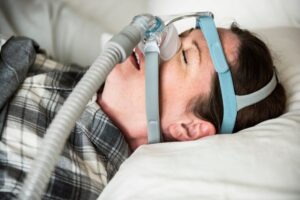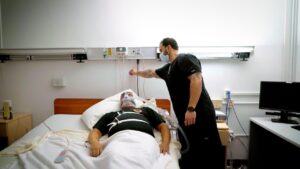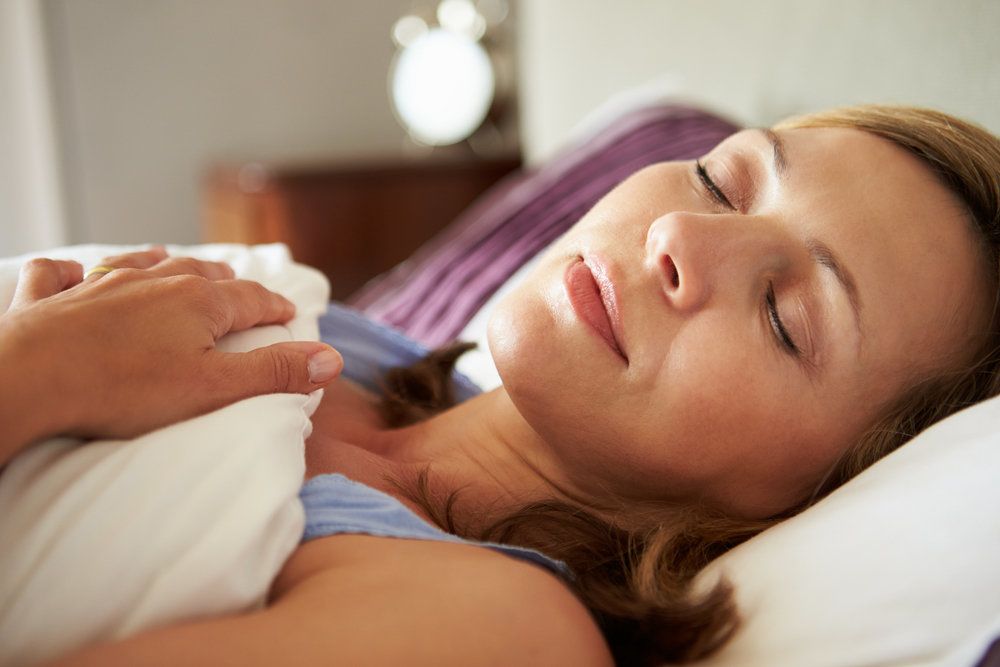
Are you struggling with sleep-related issues? Do you find it difficult to fall asleep or stay asleep throughout the night? If so, you may benefit from a sleep study. Sleep studies play a crucial role in assessing sleep health and identifying any underlying conditions that may be affecting your ability to get a good night’s rest. However, before you embark on this journey, it’s important to understand the importance of sleep studies and the factors that influence their cost.
Understanding the Importance of Sleep Studies
Sleep is a fundamental component of overall health and well-being. It is during sleep that our bodies repair and rejuvenate themselves, allowing us to wake up feeling refreshed and ready to tackle the day ahead. Poor sleep can have a significant impact on our physical and mental health, leading to a variety of symptoms such as fatigue, decreased concentration, and even an increased risk of chronic conditions like obesity and diabetes.
When it comes to diagnosing and treating sleep-related issues, sleep studies are an invaluable tool. Sleep Study Adelaide Cost allow healthcare professionals to monitor your sleep patterns, brain activity, oxygen levels, and other vital signs while you sleep also their cost. This data provides valuable insights into any disruptions or abnormalities in your sleep that may be contributing to your symptoms.
The Role of Sleep Studies in Health
Sleep studies are used to diagnose a wide range of sleep disorders, including:
- Obstructive Sleep Apnea (OSA)
- Insomnia
- Narcolepsy
- Restless Legs Syndrome (RLS)
- Periodic Limb Movement Disorder (PLMD)
By identifying and diagnosing these conditions, healthcare professionals can develop tailored treatment plans to improve your sleep quality and overall well-being.
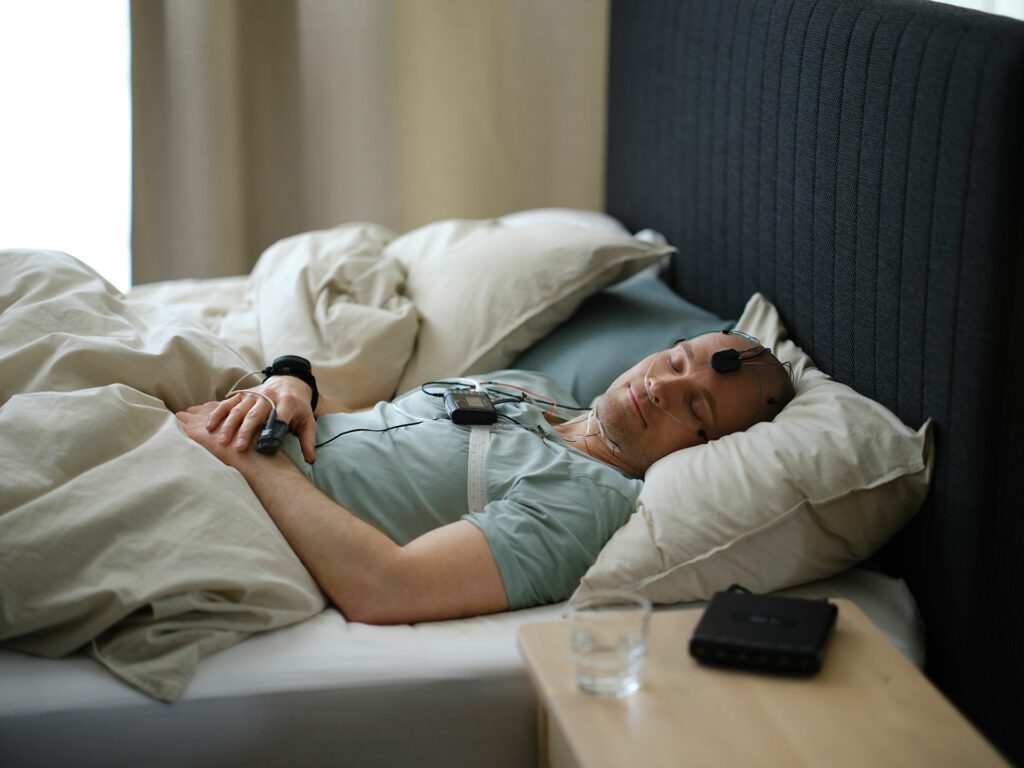
Why Invest in a Sleep Study?
Investing in a sleep study can have numerous benefits. Firstly, it allows you to understand the root cause of your sleep issues and receive an accurate diagnosis. Armed with this knowledge, you can work with your healthcare team to develop an effective treatment plan.
Secondly, untreated sleep disorders can have serious consequences for your health. Sleep apnea, for example, is often associated with an increased risk of high blood pressure, heart disease, and stroke. By investing in a sleep study and subsequent treatment, you can mitigate these risks and safeguard your long-term health.
Furthermore, sleep studies not only provide insights into sleep disorders but also shed light on the overall quality of your sleep. For instance, they can reveal if you are experiencing frequent interruptions or disturbances during the night, which may be impacting your sleep efficiency. By understanding these patterns, you can make necessary adjustments to your sleep environment or routines to optimize your sleep.
Additionally, sleep studies can uncover underlying medical conditions that may be contributing to your sleep issues. For example, certain respiratory disorders like chronic obstructive pulmonary disease (COPD) or congestive heart failure can disrupt sleep patterns. By identifying these conditions through a sleep study, healthcare professionals can provide appropriate treatment and management strategies to address both the sleep disorder and the underlying medical condition.
Lastly, sleep studies can also be beneficial for monitoring the effectiveness of treatment interventions. By conducting follow-up sleep studies after implementing a treatment plan, healthcare professionals can assess if the interventions are effectively improving your sleep quality and addressing the underlying sleep disorder. This allows for adjustments to be made if necessary, ensuring that you receive the most optimal care.
Breaking Down the Cost of Sleep Studies in Adelaide
Before undergoing a sleep study, it’s important to have a clear understanding of the associated costs. Sleep study expenses can vary depending on a range of factors, including the type of study, the level of insurance coverage, and the specific clinic or facility where the study is conducted.
But let’s dive deeper into the world of sleep studies and explore some additional factors that can impact the cost.
Initial Consultation Fees
Most sleep clinics require an initial consultation before scheduling a sleep study. During this consultation, a sleep specialist will assess your medical history, discuss your symptoms, and determine if a sleep study is necessary. The cost of this consultation can range from $100 to $300, depending on the healthcare provider.
It’s important to note that some clinics may offer bulk-billing options or have different fee structures for patients with private health insurance. So, it’s always worth checking with the clinic to see if there are any potential cost-saving options available.
Overnight Sleep Study Expenses
The most common type of sleep study is an overnight polysomnography (PSG). This study involves spending a night at a sleep clinic where your sleep patterns, brain activity, heart rate, and other vital signs will be monitored. The cost of an overnight sleep study in Adelaide typically ranges from $1,000 to $2,000, depending on the clinic and the level of monitoring required. Find more about polysomnography click here.
But what exactly does this monitoring entail? Well, it’s a comprehensive process that involves the placement of electrodes on your scalp, face, chest, and legs to measure brain waves, eye movements, muscle activity, and heart rhythm. These electrodes are connected to a monitoring device that records and analyzes your sleep data throughout the night.
Follow-Up and Treatment Costs
After completing a sleep study, you will likely have a follow-up appointment with your sleep specialist to discuss the results and develop a treatment plan. The cost of these follow-up appointments can vary, but most range from $100 to $300 per visit.
During these appointments, your sleep specialist will go over the findings from your sleep study, explain the implications of the results, and recommend appropriate treatment options. These treatments may include lifestyle changes, medication, or the use of devices such as Continuous Positive Airway Pressure (CPAP) machines for sleep apnea.
Speaking of CPAP machines, they can be a significant contributor to the overall cost of managing sleep disorders. The price of a CPAP machine can range from $500 to $2,000, depending on the brand, features, and accessories included. Additionally, there may be ongoing costs for replacement parts, filters, and regular maintenance.
So, when considering the cost of sleep studies in Adelaide, it’s essential to factor in these follow-up and treatment expenses, as they can play a significant role in the overall financial commitment.
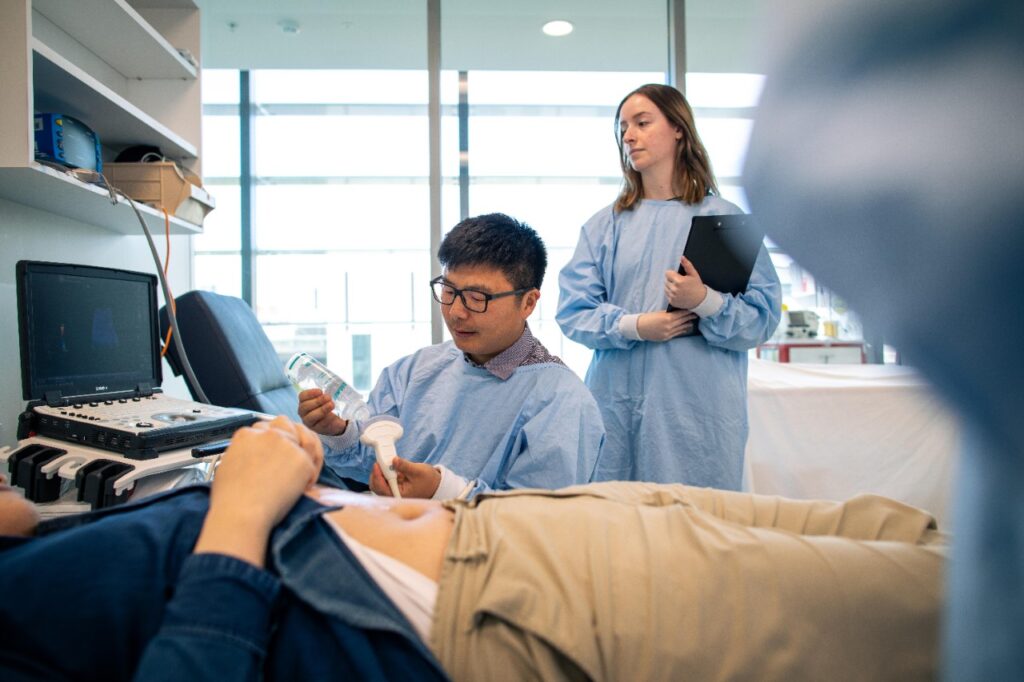
Factors Influencing the Cost of Sleep Studies
Several factors can influence the cost of sleep studies in Adelaide. Understanding these factors can help you better assess the expenses involved and plan accordingly.
When considering the cost of sleep studies, it’s important to delve deeper into the intricacies that can impact the overall pricing. Beyond the basic factors, there are additional elements that can contribute to the final cost, ensuring a comprehensive understanding of the financial aspects involved.
Type of Sleep Study
There are different types of sleep studies available, ranging from basic overnight monitoring to more comprehensive studies that measure brain activity, eye movements, and heart rate variability. The complexity and duration of the study can impact its cost. Learn more about type of sleep study visit at https://www.ohsu.edu/brain-institute/sleep-disorders-tests-and-treatments.
Moreover, the type of sleep study required for an individual can be tailored to their specific needs and medical history. Factors such as the presence of underlying health conditions or the necessity for specialized monitoring can further influence the type of study recommended by healthcare professionals.
Insurance Coverage and Out-of-Pocket Expenses
Your level of insurance coverage will play a significant role in determining the out-of-pocket expenses you incur. Some health insurance plans cover sleep studies partially or in full, while others may require you to meet a deductible or pay a percentage of the cost. It’s essential to check with your insurance provider to understand your coverage and potential financial responsibilities.
Additionally, understanding the nuances of insurance policies, such as pre-authorization requirements or in-network provider specifications, can help streamline the process and minimize unexpected costs associated with sleep studies. Being proactive in communication with both your healthcare provider and insurance company can facilitate a smoother financial experience.
The Impact of Facility and Equipment Costs
The overall cost of a sleep study can be influenced by the facility or clinic where it is conducted. High-end facilities with state-of-the-art equipment and amenities may have higher fees. However, it’s important to note that the cost of the study should not be the sole determining factor in choosing a facility. The expertise and reputation of the healthcare professionals involved should also be taken into consideration.
Furthermore, the location of the facility and its accessibility can also play a role in the overall cost of a sleep study. Facilities situated in prime locations or offering specialized services may have higher associated costs, reflecting the convenience and additional services provided to patients. Understanding the balance between cost and quality of care is essential in making informed decisions regarding where to undergo a sleep study.
Comparing Sleep Study Costs Across South Australia
The cost of sleep studies can vary not only within Adelaide but also across different cities in South Australia. Factors such as the cost of living, competition among healthcare providers, and demand for sleep study services can contribute to these variations. Learn more about Sleep Study Mackay: Analysing Sleep Patterns in Queensland click here https://eyeshinning.com/sleep-study-mackay-analysing-sleep-patterns-in-queensland/
Price Variations in Different Cities
It’s not uncommon to find price variations for sleep studies between different cities in South Australia. For example, sleep studies in Adelaide may have higher costs compared to regional areas. This discrepancy is likely influenced by factors such as overhead expenses and the availability of sleep clinics in each location.
Public vs. Private Healthcare Costs
Access to public healthcare services can have a significant impact on sleep study costs. In some cases, public hospitals may offer sleep studies at a subsidized or lower cost compared to private clinics. However, there may be longer wait times to access these services, and not all individuals may qualify for public healthcare coverage.
Ways to Manage Sleep Study Costs
While sleep study costs can add up, there are several strategies you can employ to manage these expenses and ensure you receive the necessary care without breaking the bank.
Health Insurance and Medicare Rebates
Review your health insurance policy to determine if sleep studies are covered and to what extent. If you have sleep-related symptoms, it may be beneficial to explore insurance plans that provide coverage for sleep studies. Additionally, individuals who meet certain eligibility criteria may be eligible for Medicare rebates, which can help offset some of the costs.
Payment Plans and Financing Options
If paying for a sleep study upfront is not feasible, consider speaking with the sleep clinic about payment plans or financing options. Many clinics offer flexible payment arrangements, allowing you to spread out the cost over a period of time. This can make sleep studies more affordable and accessible.
Cost-Effective Alternatives to Traditional Sleep Studies
Lastly, if traditional sleep studies are outside your budget, there are cost-effective alternatives worth exploring. Portable sleep monitoring devices, for example, can provide valuable insights into sleep quality at a fraction of the cost. However, it’s important to discuss these alternatives with your healthcare provider to ensure they are appropriate for your specific situation.
Sleep studies are an essential tool in diagnosing and treating sleep disorders. While the cost of these studies can be a concern, it’s important not to forgo necessary care due to financial constraints. By exploring your options, understanding the factors influencing costs, and seeking financial assistance when needed, you can prioritize your sleep health and invest in a better quality of life.

